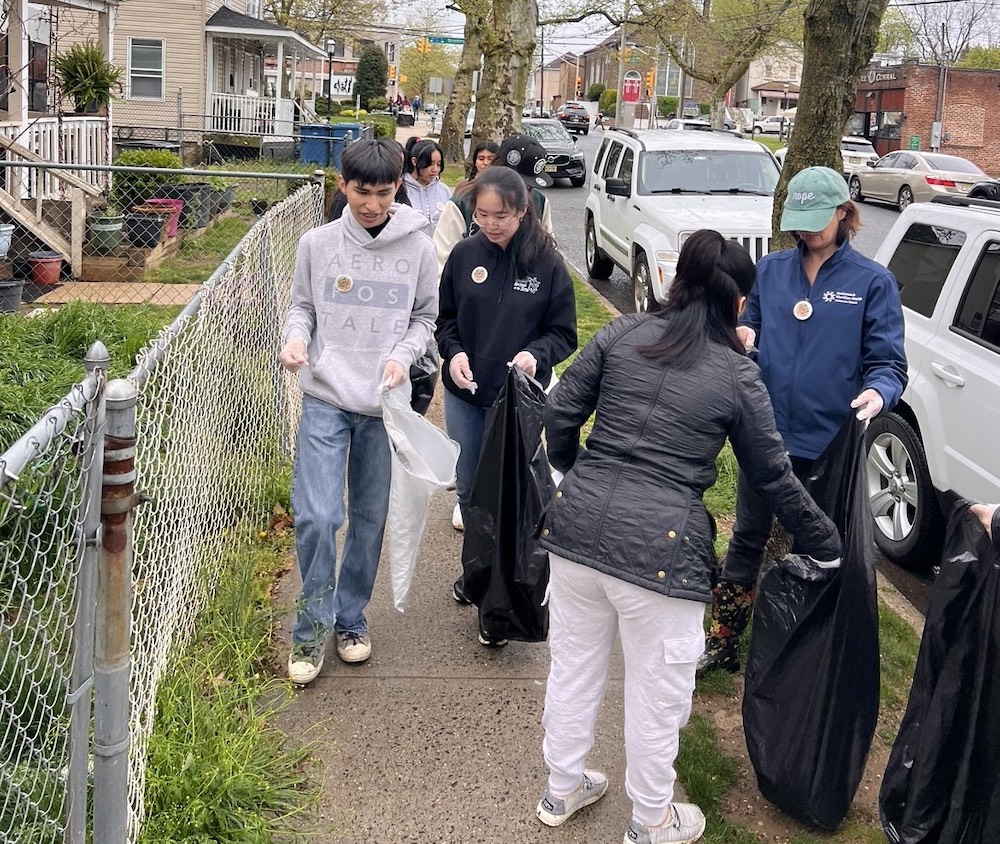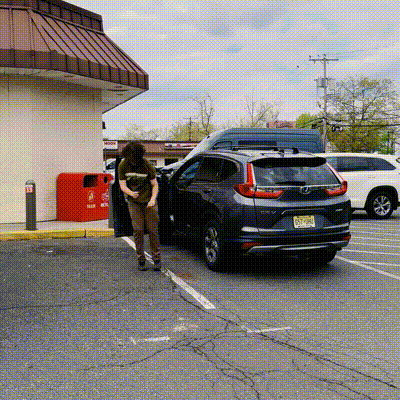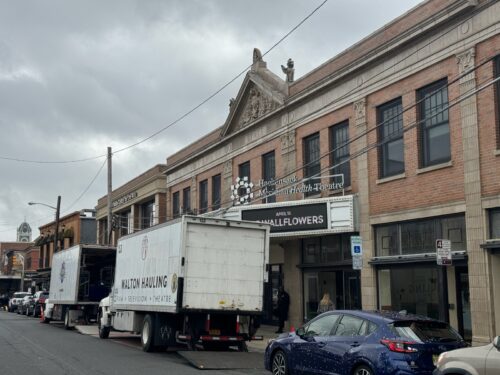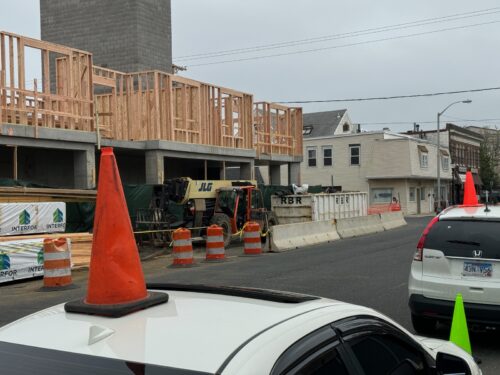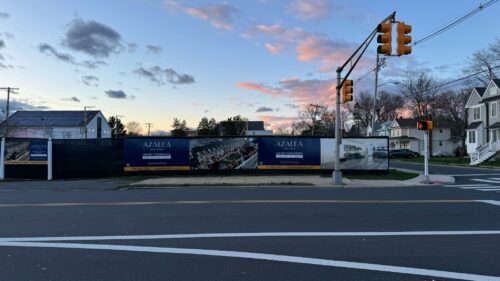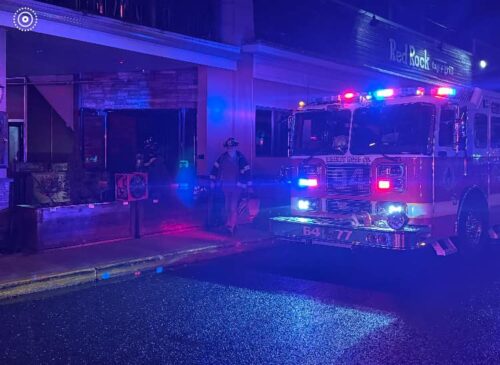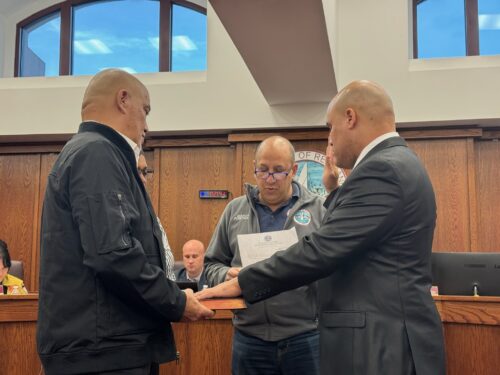By DUSTIN RACIOPPI

Following lengthy discussions with council, planning and zoning board members, the council decided Monday to maintain the current zoning board, which it acknowledged has a “public relations/perception” problem.
Instead, the bodies will work together to better informing the public of the board’s role, responsibilities and basic processes for those appearing before it, said Councilman Ben Lucarelli, above, who last month asked that it be dissolved because of “unacceptable” behavior he witnessed at a meeting.
“An unfortunate set of circumstances led to some of these comments that, what they’ve done, is opened up a dialogue and much good for everyone,” Lucarelli said.
After sitting in on a board meeting, Lucarelli said at a May 9 council meeting he was appalled at the behavior of some of the board’s members. He also complained that the board had overextended its authority, focusing on details that weren’t pertinent to applications.
Lucarelli proposed completely doing away with the body and folding it into the duties of the planning board, a suggestion that’s been mulled by prior councils.
But while “it’s unfortunate I saw what I saw,” Lucarelli now says, “I might have caught them on a bad night.”
There’s work to be done to cast the board in a better light, though.
On Monday, Councilman Jim Banahan, who is liaison to the board, issued a summary of findings from the “mini summit” that followed Lucarelli’s suggestion.
The five-point summary is as follows:
As a result of a lengthy meeting which involved a healthy exchange of ideas and thoughts between representatives of the Council, Zoning Board, Planning Board and the Administration, there was general consensus as to the following:
1. It was recognized that the Zoning Board has a “public relations/perception” problem relating to its roles and responsibilities as part of the renovation/construction process in Fair Haven. It was acknowledged that perception problem was exacerbated by the Council’s public comments made at its May 9th meeting.
2. It was acknowledged that the Council’s public comments were made out of frustration after a council member’s attendance of a single Zoning Board meeting and drew conclusions about what was witnessed without a full understanding of the facts surrounding the application.
3. It was agreed that while there is room for improvement in the construction department and with the construction process in Fair Haven, the role of the Zoning Board in that process is commonly misunderstood.
4. It was agreed that any merger of the Planning Board and Zoning Board in Fair Haven would not change the authority or the rules under which exceptions would be granted, but would merely change the persons that were charged with those responsibilities. The two most common reasons used to justify the combining of Planning and Zoning Boards in New Jersey are efficiency and cost savings. It has been determined as a result of the summit that in Fair Haven the merger will not impact the number of applications, hence, the merger of the Boards would simply double the workload of the proposed combined board; Since a combined board would be required to process the same amount of applications with less people and resources, there would be no improvement to efficiency in processing applications, and in fact, may result in elongating the process making it less efficient in the eyes of the applicant, while achieving no cost savings.
5. Finally, it was agreed that an environment of mutual respect would be fostered and shall be the cornerstone of all future communications between the Boards, the Administration, the Council and the community. The summit meeting was adjourned with a uniform sense of optimism that by working together, we can support each other to improve the efficiency with which we pursue the shared goal of improving our community.
Banahan said while Lucarelli may have only seen a snapshot of the board’s activity, the zoning board will inherently have a certain amount of problems with the public because if it denies an application or place conditions on it, only the borough’s code is satisfied.
“It won’t be the last time,” he said. “If (the applicant) is turned away, there’s going to be hard feelings.”


